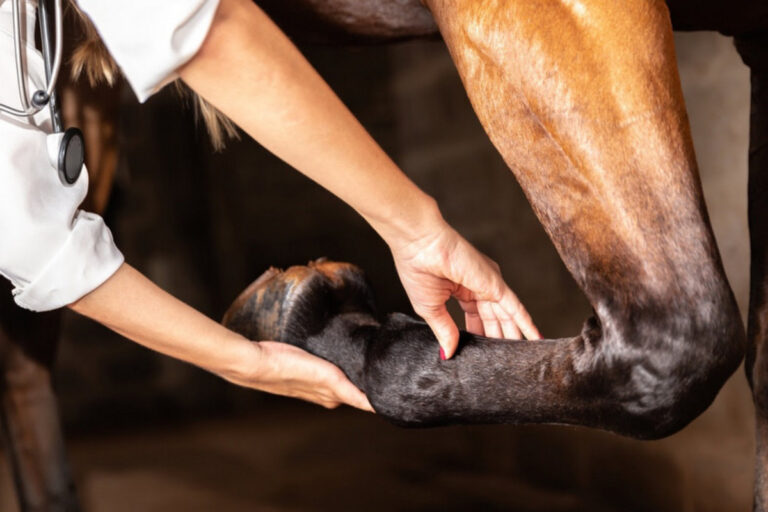Respiratory infections are among the most common health issues in poultry, especially in environments where ventilation is poor, temperatures fluctuate, or biosecurity is weak. While many farmers rush to buy antibiotics when their chickens start sneezing or coughing, it’s important to understand the real cause before starting treatment.
Recognising Respiratory Illness in Chickens
Some common signs include:
- Sneezing or coughing
- Nasal discharge (wet nostrils)
- Swollen eyes or face
- Gurgling or rattling sounds when breathing
- Open-mouth breathing in severe cases
- Drop in egg production or slower growth in broilers
These symptoms can be caused by bacterial infections, viral diseases, fungal spores, or even environmental irritants like dust or ammonia fumes from wet litter.
Common Causes of Respiratory Problems
- Poor Ventilation – Stale air traps dust, ammonia, and pathogens in the poultry house.
- Sudden Weather Changes – Exposure to cold drafts or damp conditions weakens immunity.
- Bacterial Infections – Mycoplasma gallisepticum, E. coli, and other bacteria can infect the respiratory tract.
- Viral Diseases – Such as Infectious Bronchitis or Newcastle Disease (ND), which do not respond to antibiotics.
- Fungal Infections – Aspergillosis caused by moldy feed or litter.
Treatment and Medication Options
Many poultry keepers recommend products like Tylodox, Vetoxy 20, Tylosin, Doxycycline, or Erythromycin for bacterial respiratory infections. These are antibiotics that can be effective but only if the cause is bacterial.
- Tylodox / Tylodoxy – A combination of tylosin and doxycycline, targeting bacterial respiratory diseases like CRD (Chronic Respiratory Disease).
- Vetoxy 20 – Often contains oxytetracycline, effective against certain bacterial infections.
- Sulphur-based antibiotics – Used for some bacterial and protozoal conditions, but should be used with guidance.
Important: Overusing or misusing antibiotics can lead to drug resistance, making diseases harder to treat in the future.
Non-Antibiotic Supportive Measures
Even when antibiotics are needed, supportive care speeds up recovery:
- Improve ventilation – Reduce dust and ammonia buildup.
- Maintain warmth – Avoid cold drafts but keep enough fresh air.
- Boost immunity – Add multivitamins and electrolytes to drinking water.
- Use natural remedies cautiously – Some farmers use pepper, lemon, aloe vera, or garlic to stimulate appetite and help breathing, but these should not replace proper veterinary care.
When to Seek Professional Help
Some respiratory illnesses like Newcastle Disease or Infectious Bronchitis have no direct cure. They require vaccination for prevention and supportive care if infection occurs. If your flock is experiencing high mortality or symptoms don’t improve within 3 days of treatment, call a qualified veterinarian or extension officer.
Wrapping Up
Respiratory infections in poultry can spread quickly and cause huge losses. The key is prevention through good management: dry litter, proper ventilation, and regular vaccination. If antibiotics are necessary, use the right one for the right disease, in the correct dosage, and always observe the withdrawal period before consuming meat or eggs. Healthy air means healthy birds and healthy profits.

